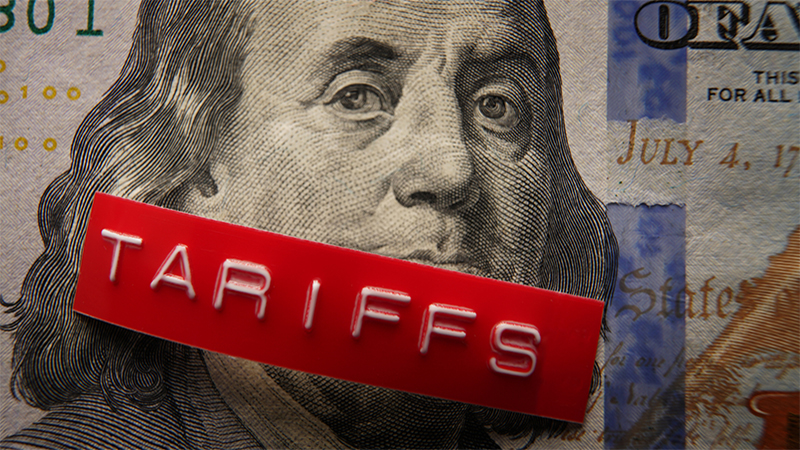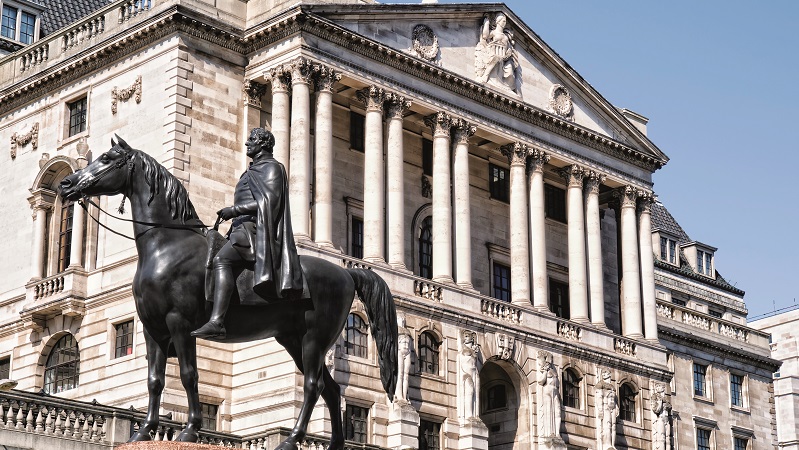Creeping prices in the UK is likely to exacerbate the “unease” weighing on financial markets, with some commentators finding the Bank of England’s transitory inflation narrative “increasingly complacent”.
The consumer price index (CPI) jumped by 2.5% year-on-year in June, up from 2.1% in May, according to figures from the Office for National Statistics (ONS). Analysts had been pencilling in a 2.1% rise.
Including housing costs, inflation rose by 2.4% in the 12 months to June 2021, up from 2.1% in the 12 months to May. The last time the Consumer Price Index with Housing costs (CPIH) was higher, was in February 2018, up at 2.5% and the CPI was last higher in August 2018, up at 2.7%.
“The creeping UK headline inflation rate is likely to add to the sense of unease pervading the financial markets about the impact higher prices will have on economies around the world, as concerns about new Covid variants also rise,” said Hargreaves Lansdown senior investment and markets analyst Susannah Streeter.
“The FTSE 100 opened lower {today} amid expectations central bank mass stimulus programmes may start to be eased more quickly, even though the recovery remains fragile.”
Transitory inflation narrative looking ‘increasingly complacent’
The latest CPI figures mark the second month in a row inflation has shot above the Bank of England’s 2% target since 2019. On Tuesday across the pond the US also got a surprise of its own as inflation surged to 5.4%.
Julian Jessop, Economics Fellow at think tank the Institute of Economic Affairs, said the jump in prices is “yet another warning to the Bank of England that policy is now too loose”.
“The Monetary Policy Committee has already conceded that inflation is likely to exceed 3% later this year, but is banking on this being temporary. This looks increasingly complacent,” Jessop said.
Data doesn’t signal regime change just yet
However Gam investment director Charles Hepworth said three months of rising inflation “does not point conclusively to a new regime just yet”.
The global semiconductor shortage has been forcing up prices in the second hand car market, with June seeing a 4.4% increase in the price of used cars.
Rising prices for clothing, fuel and food have also been exerting additional pressure on the CPI.
“We have to assume that a lot of this is temporary,” Hepworth said, “but could potentially lead to heated discussions at the Bank of England”.
Jessop said: “Some of the upward pressures on inflation will be transitory, but even these are proving larger and longer-lasting than expected. There is also a danger of focusing too much on individual price changes and not enough on the big picture.”
‘Possible peaking’ in input and output costs
However Janus Henderson multi-asset manager Oliver Blackbourn notes the June data points to the first signs of a “possible peaking” in input and output costs, which tend to drive inflation.
“A further moderation in the coming months would provide further evidence to support the central bank message that, at least for the moment, this phase of higher inflation is transitory,” he said.
“Wage data is due out tomorrow and is expected to show further strong gains, despite basic salary rises already being the strongest for over two decades. If this is not accompanied by improvements in productivity, this may start to make the Bank more nervous.
“Markets are currently pricing for lift-off in interest rates in mid-2022, although the path of increases is indicated as being shallower than it was 3 months ago, in line with the decline in 10-year gilt yields over that period.”










